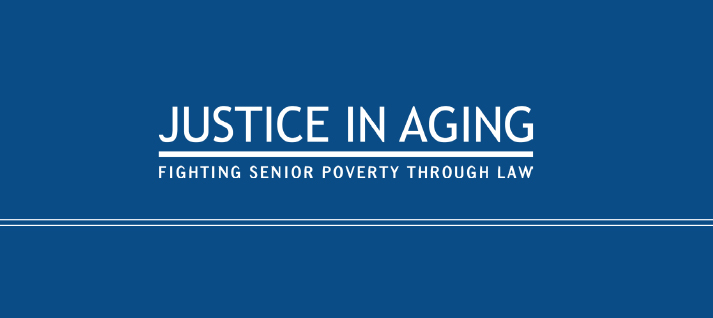
12 Feb Tell your Senators: Protect Seniors Who Receive Medicaid HCBS from Impoverishment
Earlier this year, thanks to our collective advocacy, Congress extended the “spousal impoverishment protections” that make it possible for an individual who needs a nursing home level of care to qualify for Medicaid home and community-based services (HCBS) while allowing their spouse to keep a modest income and resources to support their basic needs. Unfortunately, the extension was only for 3 months, meaning these important HCBS protections will expire on March 31st unless Congress acts now to create a longer-term solution.
Medicaid’s “spousal impoverishment protections” make it possible for an individual who needs a nursing home level of care to qualify for Medicaid and receive long-term services and supports, while allowing their married spouse to retain a modest amount of income and resources to pay for rent, food, and medication. Congress extended this protection to eligibility for HCBS in all states beginning in 2014, providing married couples the same financial protections whether or not care is provided in a facility or in the community.
Allowing the protection to expire now could force people who are now eligible for HCBS into more costly institutional care against their wishes and separate them from their spouse and loved ones. It would also stall or even reverse progress states have made in helping older adults and people with disabilities remain at home and in the community.
Call your Senators TODAY at (202) 224-3121 and ask them to extend the Medicaid HCBS spousal impoverishment protections now. It’s critical to keep these protections in place as we work towards a permanent solution that ensures married couples have the same financial protections whether they receive Medicaid long-term services and supports at home or in an institution.
Use our fact sheet to help make the argument and spread the word on social media using #HCBS and #Medicaid.
